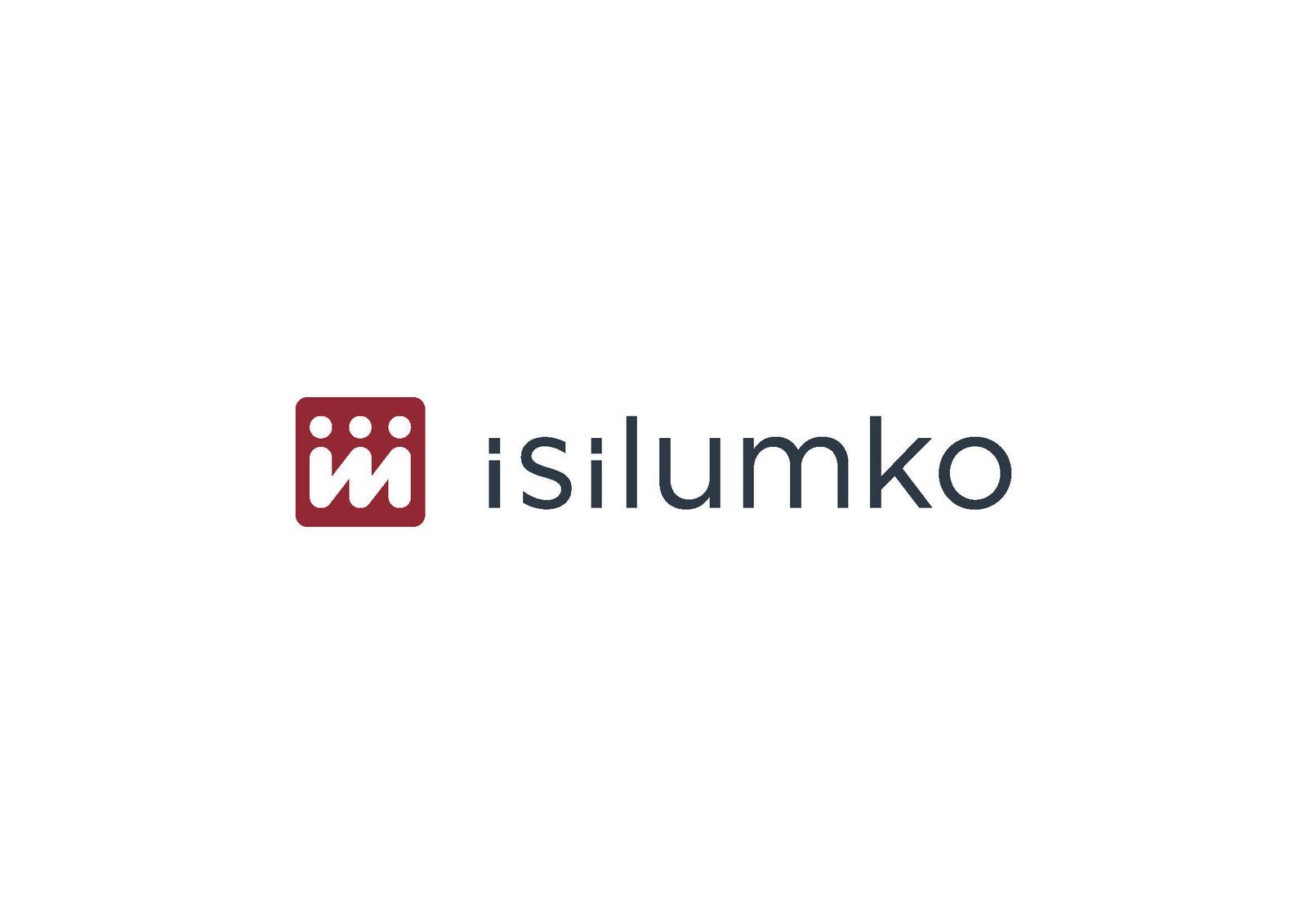In today’s competitive work environment, securing a promotion requires a strategic approach that goes beyond just doing your job well. It involves identifying your strengths, building strong relationships, and showcasing your achievements. This article will guide you through the process of unleashing your potential, preparing for the promotion process, and sealing the deal with confidence to land that real promotion you deserve.
Key Takeaways
- Identify and leverage your unique strengths to stand out in the promotion process.
- Craft a personal brand that reflects your value and contributions within the organization.
- Navigate office politics with tact and diplomacy to advance your career.
- Set clear and achievable goals to track your progress towards a promotion.
- Master the art of interviewing to confidently showcase your skills and experiences.
Unleashing Your Potential for Promotion
Identifying Your Strengths
Knowing what you’re good at is the cornerstone of professional growth. Identify your unique skills and understand how they contribute to your current role. Are you a strategic thinker, a persuasive communicator, or a tech wizard? Recognizing these talents is your first step towards a promotion.
To get started, list down your skills and categorize them:
- Technical skills (e.g., coding, data analysis)
- Soft skills (e.g., leadership, teamwork)
- Industry-specific knowledge (e.g., marketing trends, legal regulations)
Reflect on your past successes and the skills that helped you achieve them. This self-awareness will be instrumental in positioning yourself for the next big opportunity.
Remember, it’s not just about having the skills but also about how you apply them to create impact. Align your strengths with the company’s goals and showcase how you can contribute to its success.
Crafting Your Personal Brand
In the digital age, your personal brand is your professional calling card. It’s the unique blend of skills, experience, and personality that you want the world to see. Crafting a strong personal brand is about more than just being visible; it’s about being memorable and establishing a reputation that precedes you.
To start, consider what makes you distinct in your field. What are your core competencies? How do you solve problems differently than your peers? Reflect on these questions and begin to weave your narrative around them. Here’s a simple framework to help you begin:
- Define your unique value proposition.
- Align your online presence with your professional goals.
- Communicate consistently across all platforms.
Remember, your personal brand should be authentic and reflect who you are as a professional. It’s not just about selling yourself; it’s about telling your story in a way that resonates with others.
Once you’ve laid the groundwork, it’s time to amplify your brand. Engage with your industry community, contribute to discussions, and share your insights. The goal is to become a thought leader in your space, someone who is sought after for their expertise and perspective.
Navigating Office Politics
Office politics can be a treacherous sea to navigate, but it’s a crucial aspect of the workplace that can’t be ignored. Understanding the dynamics and learning how to effectively engage with them can significantly boost your chances for a promotion. Start by fostering a culture of empathy, compassion, and collaboration. These values help mitigate negative politics and pave the way for a more supportive environment.
Remember, your ability to work within the political landscape of your office is just as important as your technical skills.
Here’s a simple list to keep in mind as you chart your course through office politics:
- Encourage empathy and collaboration among your peers.
- Stay aware of the informal networks and alliances.
- Maintain a professional demeanor, even in challenging situations.
- Communicate transparently and build trust with colleagues.
- Seek mentors who navigate these waters well and can guide you.
By taking these steps, you’ll not only survive the political game but also thrive, positioning yourself as a leader who’s ready for that next big step up.
Preparing for the Promotion Process
Setting Clear Goals
When it comes to climbing the career ladder, setting clear goals is like plotting your route on a map. It’s about knowing where you want to go and establishing the checkpoints along the way. Start by defining what a ‘real promotion’ means to you. Is it a step up in title, a bump in salary, or a shift to more meaningful work? Once you’ve nailed that down, it’s time to get SMART about your goals. This means breaking down your objectives into Specific, Measurable, Achievable, Relevant, and Time-bound criteria. Additionally, part of your strategy should include identifying real promotion opportunities within your organization or industry. By actively seeking these chances, you can align your career development efforts with the right paths for advancement.
SMART goals are Specific, Measurable, Achievable, Relevant, and Time-bound. They’re the kind that can propel you forward and keep you on track.
Here’s a simple breakdown to help you craft your SMART goals:
- Specific: What exactly do you want to achieve?
- Measurable: How will you know when you’ve achieved it?
- Achievable: Is your goal realistic with effort and commitment?
- Relevant: Does this goal align with your overall career objectives?
- Time-bound: When do you aim to achieve this goal?
Remember, goals are not just about the destination but also about the journey. Celebrate the small victories along the way, and don’t be afraid to adjust your goals as you grow and learn more about your potential. After all, seizing opportunities is about being agile and responsive to the changing landscape of your career.
Building Strong Relationships
In the quest for a promotion, never underestimate the power of building strong relationships. It’s not just about networking; it’s about creating genuine connections that can support and elevate your career trajectory. Start by being a reliable and positive presence in your workplace. Offer help when you can, and don’t shy away from asking for it when you need it. Remember, reciprocity is key in any relationship.
Communication is the cornerstone of any strong relationship. Make sure you’re clear, concise, and considerate in your interactions. Here’s a simple list to keep in mind:
- Be an active listener.
- Provide constructive feedback.
- Celebrate others’ successes.
- Be transparent about your goals and challenges.
Career advancement isn’t a solo journey. By fostering robust relationships, you’re building a network of allies who can provide insights, support, and opportunities when it matters most.
Strong relationships can also lead to new opportunities and career advancement. When you have a positive reputation and good relationships, you’re more likely to be thought of for new projects and roles. So, invest time in getting to know your colleagues, understanding their strengths, and how you can work together to achieve common goals.
Showcasing Your Achievements
When it comes to landing that promotion, highlighting your accomplishments is crucial. It’s not just about the responsibilities you’ve held; it’s about the impact you’ve made. Start by updating your resume to reflect your most significant achievements. Make your current position first, and add bullet points that emphasize your successes and the value you’ve brought to the company.
Remember, your achievements are a testament to your potential. They paint a picture of your growth and readiness for new challenges.
Consider creating a ‘brag book’ or a portfolio of your work that includes any awards, recognitions, or significant projects. This can be especially persuasive during interviews or performance reviews. Here’s a simple way to structure your achievements:
- Project or Achievement: Brief description
- Outcome: Quantitative or qualitative impact
- Skills Used: Key skills applied
- Recognition: Any awards or acknowledgments
By methodically presenting your achievements, you’re not just telling but showing how you’re the ideal candidate for the promotion.
Sealing the Deal with Confidence
Mastering the Interview
The interview is your stage, a chance to bring all your preparation to life. Researching the company is a fundamental step, as highlighted by Monster Jobs’ tip to dig into their history, mission, values, culture, and recent activities. This knowledge not only shows your interest but also enables you to tailor your responses to align with the company’s ethos.
When it comes to the interview itself, consider these key points:
- Understand the job description inside out.
- Prepare answers for common interview questions.
- Have questions ready to ask the interviewer.
- Practice your body language and voice modulation.
Remember, confidence is key, but so is authenticity. Be yourself, but be your best self.
After the interview, don’t forget to send a thank you note. It’s a simple gesture that can set you apart from other candidates. Sealing the deal is about making a lasting impression, and every detail counts.
Negotiating Your Worth
Once you’ve landed the job offer, the real game begins: negotiating your salary. This is your chance to ensure you’re not just getting a promotion in title, but also in compensation. Remember, companies expect you to negotiate, so don’t shy away from this opportunity to advocate for your worth.
Salary negotiation is a delicate dance between your expectations and the company’s budget. To navigate this successfully, consider the following steps:
- Research the market rate for your position and experience level.
- Determine your minimum acceptable salary before the discussion.
- Practice your pitch, highlighting your value and achievements.
- Be prepared to discuss non-salary benefits that matter to you.
It’s not just about the numbers; it’s about reaching an agreement that reflects the value you bring to the company and your own career aspirations.
Finally, approach the negotiation with a positive attitude and a willingness to find a middle ground. The goal is to leave the table with both parties feeling satisfied with the deal.
Accepting and Celebrating Success
Once you’ve navigated the promotion process and emerged victorious, it’s time to accept your success with grace and celebrate your achievements. Accepting a promotion is more than just saying ‘yes’ to a new title and salary; it’s about embracing a new level of responsibility and preparing to set new goals.
Celebration is key, not just for the sake of revelry, but to acknowledge the hard work that got you here. It’s a moment to reflect on your journey, to appreciate the support of your mentors and colleagues, and to recharge for the challenges ahead.
- Take a moment to thank those who helped you along the way.
- Plan a small celebration to mark this milestone in your career.
- Set aside time to outline your goals and expectations for your new role.
Embrace this new chapter with enthusiasm and a commitment to continuous growth. Remember, a promotion is not just a step up—it’s an opportunity to further develop your skills and contribute to your organization in a more significant way.
Conclusion
In conclusion, seizing opportunities for a real promotion requires a combination of identifying the right opportunities and taking proactive steps to land the promotion. By staying proactive, showcasing your skills and dedication, and networking effectively, you can increase your chances of securing a promotion. Remember, it’s not just about waiting for opportunities to come to you, but actively seeking and creating them. So, go out there, be proactive, and make your career aspirations a reality!
Frequently Asked Questions
How can I unleash my potential for promotion?
To unleash your potential for promotion, focus on identifying your strengths, crafting your personal brand, and navigating office politics effectively.
What are some key steps to prepare for the promotion process?
Key steps to prepare for the promotion process include setting clear goals, building strong relationships, and showcasing your achievements.
How can I boost my confidence during the promotion process?
Boost your confidence by mastering the interview, negotiating your worth effectively, and accepting and celebrating success with gratitude.
What role do clear goals play in landing a promotion?
Clear goals play a crucial role in landing a promotion as they provide direction, motivation, and a roadmap for success in your career advancement.
How important is building strong relationships in the promotion process?
Building strong relationships is essential in the promotion process as it helps you network, gain support, and create opportunities for advancement within the organization.
Why is it important to showcase your achievements when aiming for a promotion?
Showcasing your achievements is important when aiming for a promotion as it demonstrates your value, capabilities, and contributions to the organization, making you a strong candidate for advancement.





